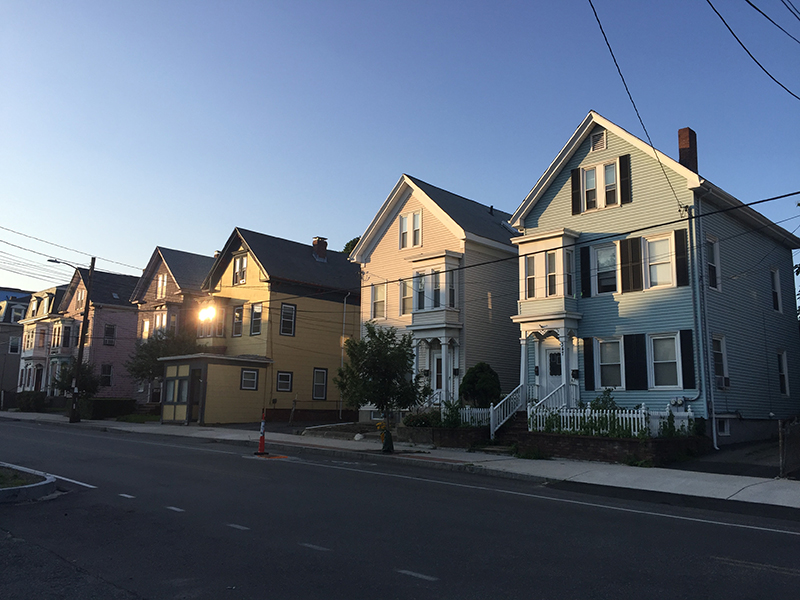
Over the past decade, home prices and rents have risen twice as fast as incomes in the Puget Sound Region. For many, this means being priced out of the neighborhoods they grew up in. That could soon change as a result of a $500 million pledge from Microsoft.
Aimed at addressing the region’s widening affordability gap, the company’s pledge will be divided into several different buckets. $225 million will be allocated to help support low-income housing across the King County region. Another $225 million will be used to preserve and develop middle-income workforce housing on King County’s Eastside. The remaining $25 million will be dedicated towards targeted subsidies for community-based efforts in the greater Seattle region.
As reported by the Seattle Times, Microsoft is coupling its pledge with a call for other companies to make similar contributions. The company also asked mayors of several Eastside cities to address policy barriers that impede affordable-housing development.
“It’s a time that calls for companies like ours to step forward and do what we can,” said Brad Smith, president and chief legal officer of Microsoft, adding that, “[I]t does remain a time where we need governments to do more as well […] I do think we continue to need public leadership at every level of government.”
For many, the lack of affordable housing in the region can be boiled down to a housing market that hasn’t been able to keep up with demand — inevitably pushing out low and middle-income residents.
“Since 2011, jobs in the region have grown 21 percent, while growth in housing construction has lagged at 13 percent,” Smith explained. “This gap in available housing has caused housing prices to surge 96 percent in the past eight years, making the Greater Seattle area the sixth most expensive region in the United States.”
Major lags in construction can be attributed to a litany of hurdles developers must jump through to build in Seattle.
Redmond Mayor John Marchione — one of the Eastside policymakers committed to removing barriers to affordable housing — added, “The fact that Microsoft recognizes that there is an issue for their employees and are willing to be part of the solution is progressive.”
Even with Microsoft’s added capital, the King County Regional Affordability Task Force estimates that the region will still need close to 250,000 affordable housing units to meet demand. For that, Smith argues, lawmakers in Olympia must continue to make direct public investments in affordable housing — including appropriating $200 million in the 2019-21 capital budget for the state’s Housing Trust Fund.
The only path to success is one that includes public-private partnerships and policies that enable growth in the region. Microsoft’s investment is a step in the right direction for the Greater Seattle Area.




